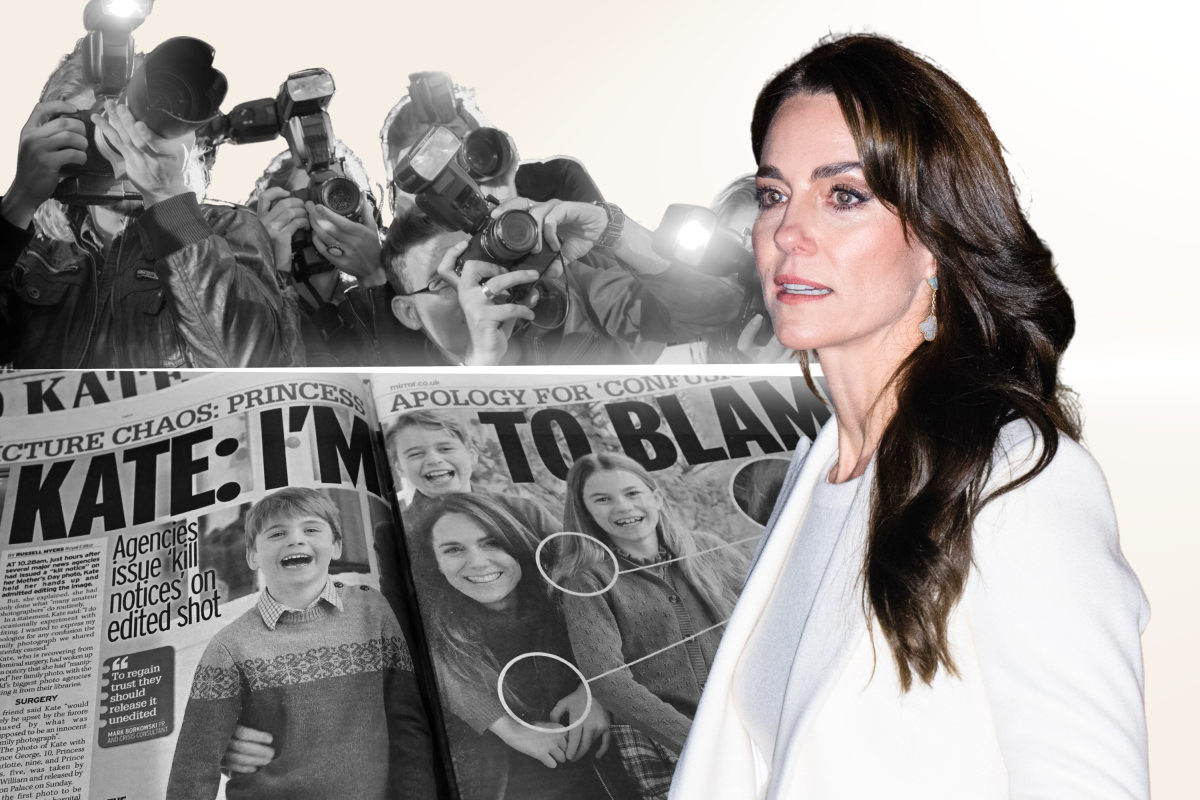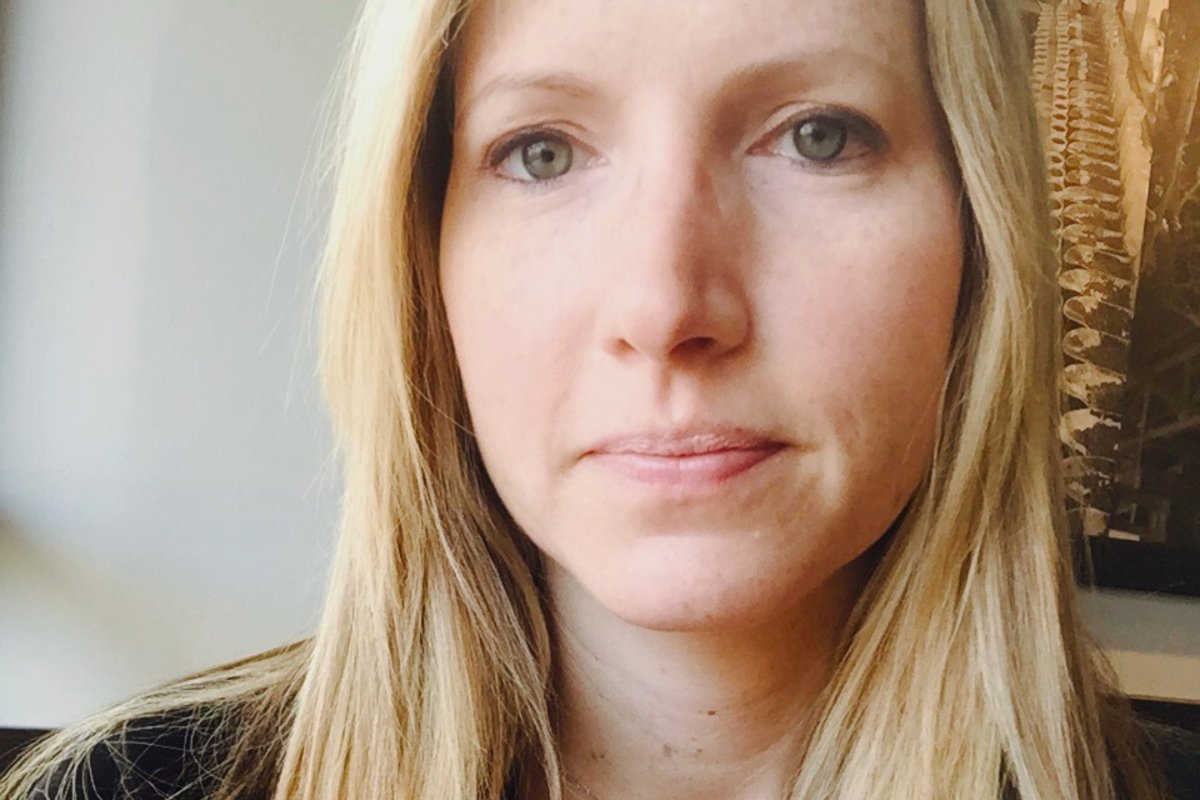Each day, I've watched Princess of Wales Kate Middleton's image be dissected and torn apart due to a private health matter.
Twenty-four hours after she posted a photograph surrounded by her children on March 10, in honor of Mother's Day in the U.K., the picture was retracted by major newswires due to being manipulated.
What was meant as a thank you message to her supporters for their well wishes during her recovery from "planned" abdominal surgery instead brought on further speculation and theories as to why the photo included inconsistent elements.
Now, another picture, taken before the late Queen Elizabeth II's passing, is under scrutiny for being altered by the Princess of Wales. It sparked additional controversy, and theories about the princess continued to spiral out of control.
Regardless of the type of medical situation she is facing, two weeks of hospitalization and an extended break from public engagements were required, which indicated a longer recovery was necessary for the Princess of Wales.
I can relate to Princess Kate. For 14 years, while struggling with infertility followed by postpartum complications, I had almost 40 gynecological surgeries.

I endured a grueling series of hysteroscopies, egg retrievals, and dilation and curettage (D&C) procedures.
After having my second child, I had a final D&C resulting in a hemorrhage that left me severely anemic. When I got home, I had chronic uterine pain, bladder retention, and low iron levels.
Each morning, I sat up from bed, pressing my feet into the soft gray surface beneath me trying to stabilize my body. My hands on either side, attempting to keep me balanced, I willed myself to stand.
Just as he had done so many times before, my husband reached out his hand, pulling me upward and holding my elbows at each corner. He smiled, always encouraging and reassuring me as he pulled me toward the doorway of the bathroom.
I slowly walked forward and began my recovery, one step at a time. Every procedure, especially the last one, caused my body to be more frail and tired.
For four months, this became my life, attempting to function on a daily basis. I couldn't lift heavy objects and had to reduce my exercise to gentle exertion, until my iron levels had regulated. I needed a lot of extra help.
I battled symptoms of chronic fatigue, shakiness, and trouble getting around the house. My husband helped me with mundane tasks, transitioning from standing to sitting and cooking meals. It impacted my general ability to function.
Every few weeks, I got bloodwork to verify my iron levels were increasing back to normal. Finally, it did come back, but took a lot of time and patience from me and my husband.
I wanted to hide from the outside world to avoid unsolicited advice about my health. Not many people knew what I'd been going through, as I kept it to myself.
I faced the inevitable invasive questions and unhelpful perspectives from those who didn't understand. I avoided social events and took breaks from social media for extended periods of time, as it seemed to be my only option.
I wanted the people around me to empathize, but I wasn't confident they would understand if I opened up. My husband, mom, and close trusted friends were my only source of comfort.
Meanwhile, my body and mind were reeling from exhaustion.

Last week, CBS News royal contributor Tina Brown said of Princess Kate: "She's been trying to say, 'Can I just recover quietly and in peace' just like Diana tried. And they won't let you do it."
Although I recognize the Princess of Wales has a commitment to represent the royal family as a future Queen, to appear in public engagements, and to follow the required protocol in her role, she's still a human being. She's in a vulnerable physical state, trying to heal from a health issue.
If I were the princess, I'd be doing the same thing she is—hiding away in a darkened black town car.
While it seems simple, giving her privacy and empathy could be exactly what she needs to feel more safe and comfortable returning to her demanding role in the public eye.
Lisa McCarty is a writer and a women's health advocate. She is working on a book about infertility. You can follow her on Instagram and Twitter @lbmccarty717.
All views expressed are the author's own.
Do you have a unique experience or personal story to share? Email the My Turn team at myturn@newsweek.com.
Uncommon Knowledge
Newsweek is committed to challenging conventional wisdom and finding connections in the search for common ground.
Newsweek is committed to challenging conventional wisdom and finding connections in the search for common ground.
About the writer
Lisa McCarty is a writer and a women's health advocate. She is working on a book about infertility. You can ... Read more
To read how Newsweek uses AI as a newsroom tool, Click here.






